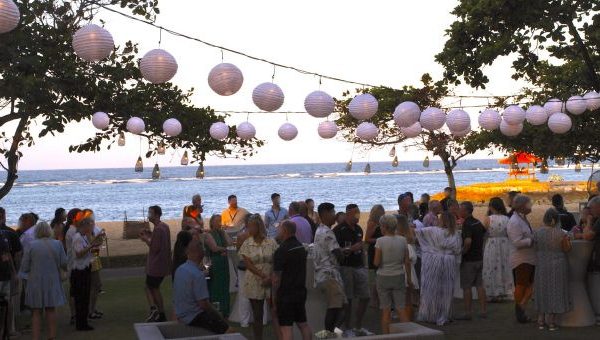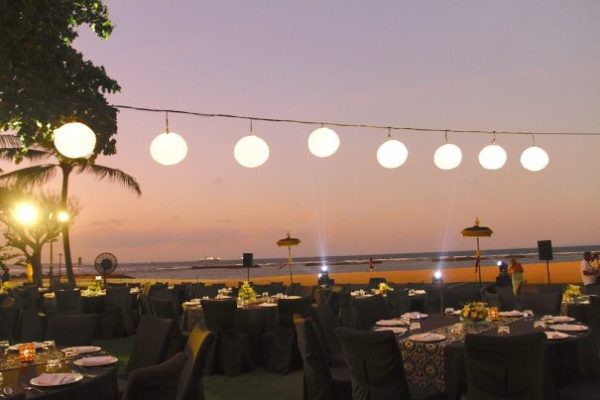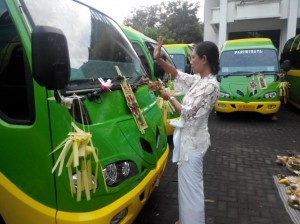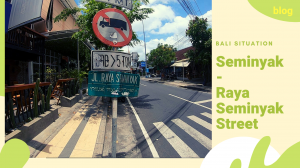

Preah Vihear Temple
Standing high on the Dângrêk Mountains, Preah Vihear Temple overlooks Cambodia’s northern plains. This majestic Hindu temple is a hidden treasure for those seeking history, nature, and architecture—without the crowds of Angkor.What is Preah Vihear Temple?Preah Vihear is an ancient Hindu temple dedicated to Shiva. It sits 525 meters above sea level and offers breathtaking views. The name means “Sacred Sanctuary” in Khmer. The temple is known for its spiritual significance, remote location, and impressive stone carvings.A Glimpse Into Its HistoryConstruction began in the 9th century, with major additions during the reigns of Suryavarman I and II. For over 300 years, Khmer kings expanded and enhanced the temple. It served…
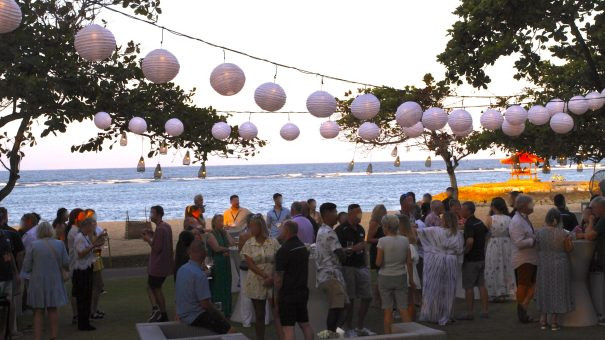
How to Plan a Company Trip to Bali
Planning a corporate getaway that’s productive, engaging, and unforgettable? Bali could be exactly what you’re looking for. Known for its stunning beaches, rich culture, and world-class hospitality, the island is a top choice for companies seeking a destination that balances relaxation with meaningful connection. Whether it’s for team bonding, incentive rewards, or an elegant company gala dinner, a well-organized company trip to Bali can strengthen teamwork, boost morale, and create lasting memories.Imagine this: your team arrives in Bali, greeted by ocean breezes and warm smiles. The days are filled with meaningful activities. There’s laughter during team games and inspiration in every cultural moment. By the time the gala dinner begins—under…
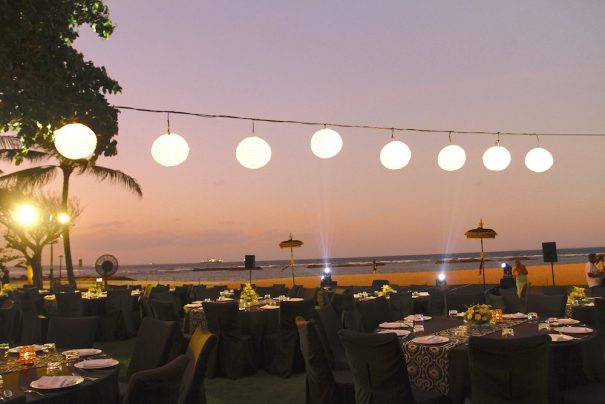
Company Gala Dinner Ideas in Bali
After a day of strategy sessions or team-building activities, there’s no better way to wrap up your corporate event than with a gala dinner in Bali. This island paradise offers stunning settings, rich traditions, and warm hospitality that turn any gathering into a memorable occasion. Whether you’re hosting an appreciation night or celebrating milestones, Bali sets the perfect stage.Here are five inspiring gala dinner concepts that combine elegance, culture, and unforgettable moments.1. A Royal Balinese Night at the PalaceStep into a world of royal charm. This dinner concept welcomes your guests with a traditional Balinese procession. Dancers perform graceful Legong or dramatic Barong, while live gamelan music fills the air….
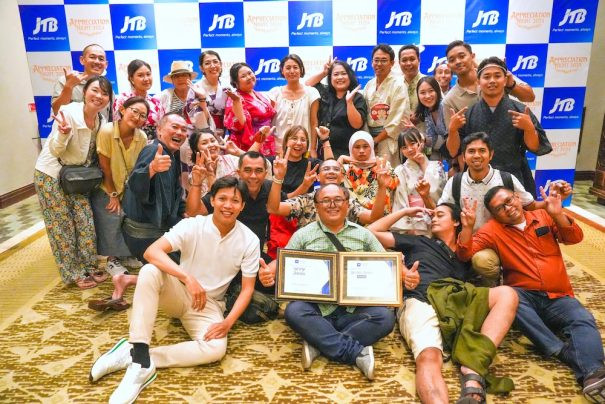
2 Days 1 Night Gathering Package in Bali – Mangrove Forest Tour Edition
If you’re looking for a short and impactful gathering package in Bali, this is the one to choose. Our 2 Days 1 Night Gathering Package in Bali – Mangrove Forest Tour Edition offers an ideal blend of nature, bonding, and comfort. Designed for company outings, student groups, or community organizations, this experience is both time-efficient and memorable.Day 1: Arrival – Mangrove Forest Tour – Gala DinnerUpon arrival at Ngurah Rai International Airport, your group will be warmly welcomed by our team. First, we will assist with luggage and transfer you to your hotel, where bags can be securely stored. Then, without delay, your Bali adventure begins.Next, embark on a refreshing…
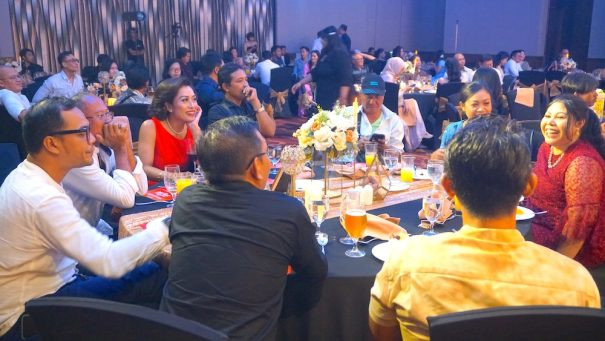
2 Days 1 Night Bali Gathering Package – GWK, Uluwatu Temple & Kecak Dance
Looking for a memorable and meaningful Bali Gathering Package? This 2 Days 1 Night program features Bali’s most iconic cultural attractions—GWK Cultural Park, Uluwatu Temple, and the dramatic Kecak Dance. Designed for company outings, school groups, and reunions, it’s the ideal way to explore and connect in a short amount of time.Day 1: Arrival – GWK – Uluwatu Temple – Kecak Dance – Group DinnerYour experience begins with a warm airport welcome. Our team will assist with luggage and transfer you to the hotel for check-in or bag drop.The journey starts at Garuda Wisnu Kencana (GWK) Cultural Park. Your group can enjoy wide-open spaces, cultural art, and of course, the…



